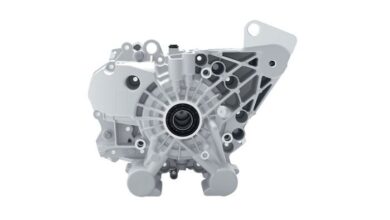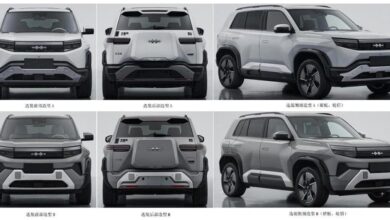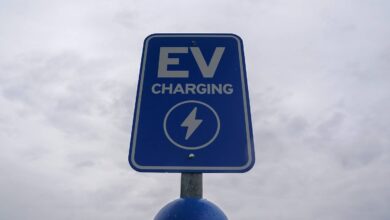US Hikes Tariff on Chinese Electric Vehicles To 100%
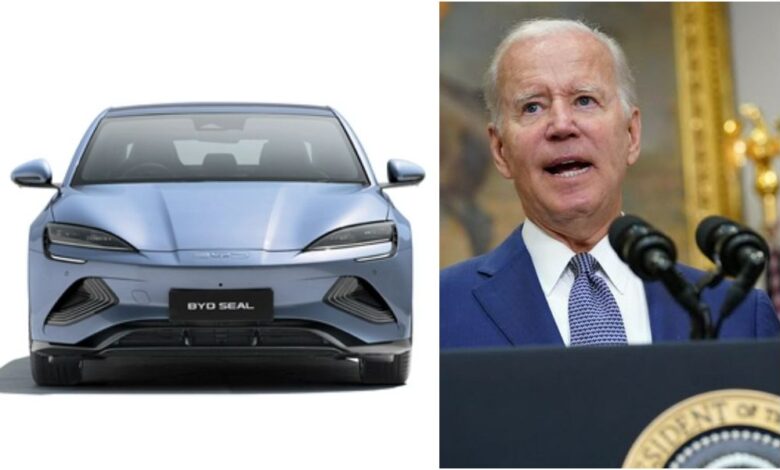
US President Joe Biden has announced significant tariff hikes on various Chinese imports, with the highest increase targeting electric vehicles (EVs). The tariff levied on Chinese EVs will rise from 25 per cent to 100 per cent this year. In addition to electric vehicles, the tariffs on batteries, battery components, and parts will increase from 7.5 per cent to 25 per cent. This directive affects $18 billion worth of imports from China. The new US tariffs will be implemented gradually over the next three years, starting in 2024 with electric vehicles.
Also Read: Stellantis To Launch China’s Leapmotor EVs In India By End-2024
The administration says this move is to prevent the surge of inexpensive products into the US market, which, according to Biden, is anti-competition and could result in job losses in the country. The White House argues that China’s trade practices related to technology transfer, intellectual property, and innovation are detrimental to American businesses and workers. Additionally, China is accused of flooding global markets with artificially low-priced exports.
By 2025, the tariff rate on semiconductors will rise from 25 per cent to 50 per cent. The tariff on lithium-ion EV batteries will increase from 7.5 per cent to 25 per cent in 2024, while the tariff on non-EV lithium-ion batteries will see the same increase by 2026. Battery parts will also face a tariff hike from 7.5 per cent to 25 per cent in 2024, and solar cells, whether assembled into modules or not, will see their tariffs jump from 25 per cent to 50 per cent in 2024.
Also Read: Xiaomi SU7 vs BYD Seal vs Tesla Model 3: Battery, Range, Dimensions Compared
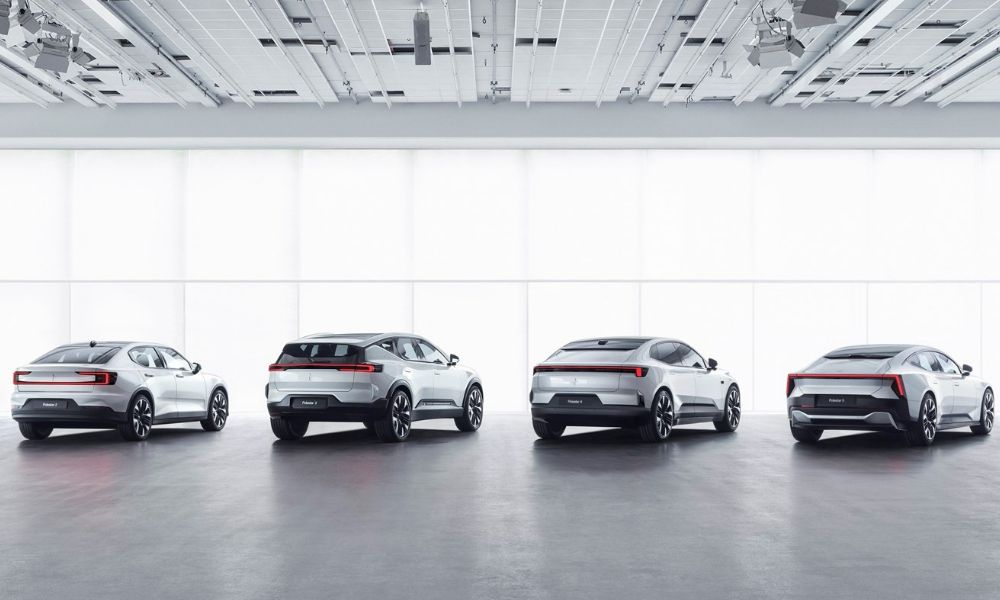
This move by the Biden administration may be the first of several such prohibitive measures being imposed by other countries. It is expected that Europe, too, will increase duty on Chinese-made electric cars. While India’s relationship with China has been strained for the last few years, Chinese car companies such as MG (owned by SAIC) and Leapmotor have both charted out a path to do business in India, partnering with JSW and Stellantis respectively.
Currently, there are few Chinese EVs in the US market. However, officials are concerned that low-priced models, supported by Chinese government subsidies, could soon dominate. Major Chinese electric vehicle brands, such as BYD and Nio, do not sell their cars in the US. The only Chinese-affiliated brand available is Polestar, a collaboration between China’s Geely and Sweden’s Volvo, with most of its cars manufactured in China.

